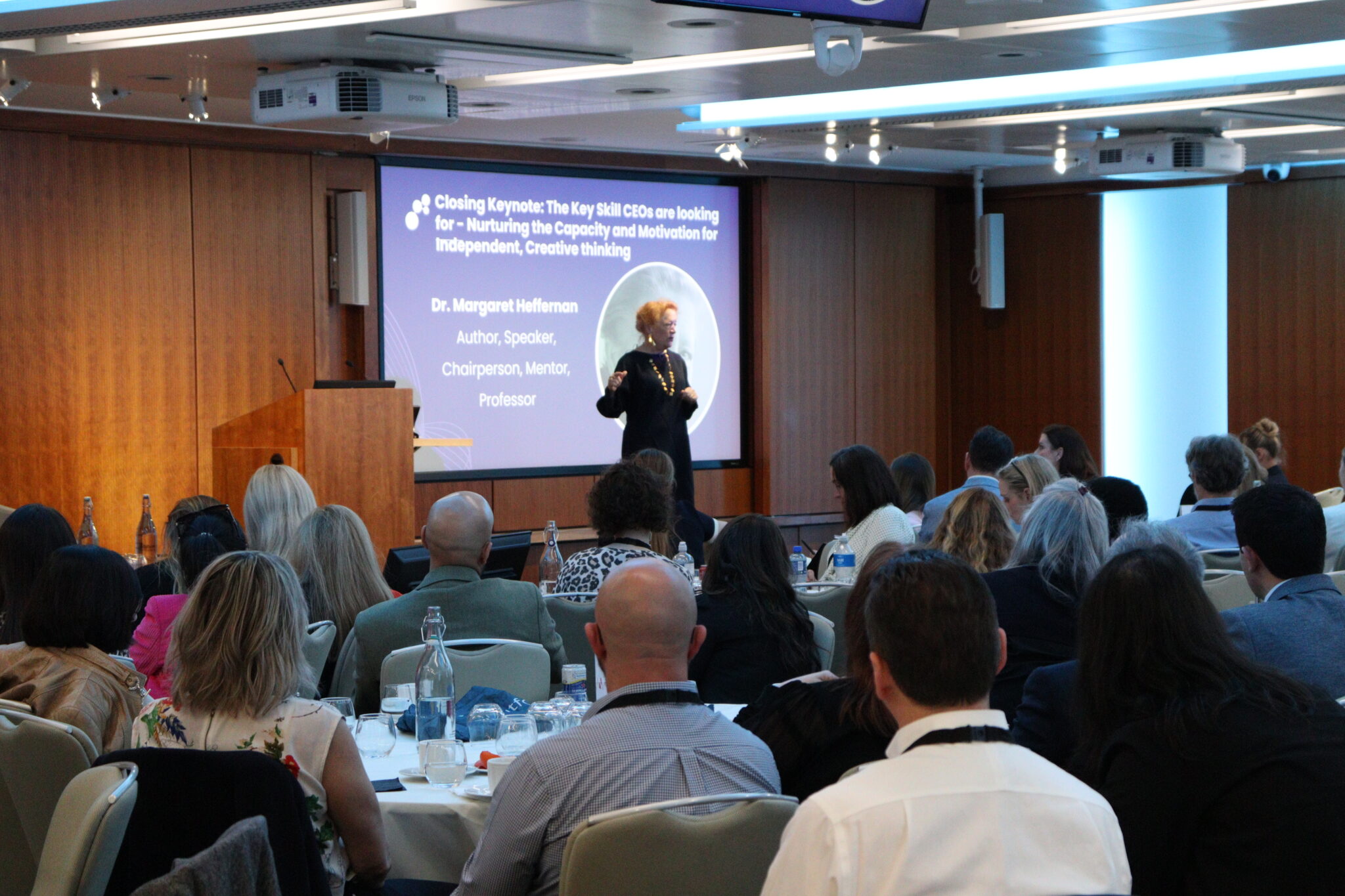Chefs across Australia and New Zealand are increasingly considering changing employers due to the grueling work conditions they endure, including long hours and presenteeism, according to a recent report.
A survey conducted among 226 chefs from Australia and 74 from New Zealand unveiled concerning statistics, with 52% of respondents expressing their intention to seek alternative employment this year. Among them, 19% indicated it was extremely likely, 17% moderately likely, and 15% slightly likely.
Presenteeism Trends Among Chefs
The report also shed light on the prevalence of presenteeism among chefs in the region. Nearly half (46.35%) admitted to working two to five days within the past year despite feeling unwell. Additionally, a significant portion (45.33%) confirmed they had “definitely” worked during school or public holidays.
The findings further revealed that a majority of chefs were clocking in longer hours than the prescribed weekly working hours in both countries. Around a third of respondents (32.67%) reported working 42 to 51 hours weekly, while 18% mentioned working 52 to 62 hours, with a notable 6% indicating they worked 62 hours or more.
The report highlighted a concerning trend regarding breaks, with nearly a quarter of respondents (n=70) claiming they were not provided the legally mandated breaks at their workplaces. Although a majority (34.35%) reported being able to take breaks “most times,” others indicated less frequent opportunities, with 27.82% saying “always,” 21.74% “sometimes,” and 13.48% “rarely.”

Concerns for the Hospitality Sector
Authors of the report, referencing forecasts from the Ministry of Business, Innovation, and Employment, expressed concerns about the diminishing interest of students in hospitality jobs due to sectoral challenges. They emphasized the need for proactive measures to address these issues.
In an article for The Conversation, the authors highlighted the role of New Zealand’s new minister for mental health, Matt Doocey, who also oversees tourism and hospitality. They called for concerted efforts to alleviate the pressures faced by chefs and improve working conditions in the nation’s commercial kitchens.











